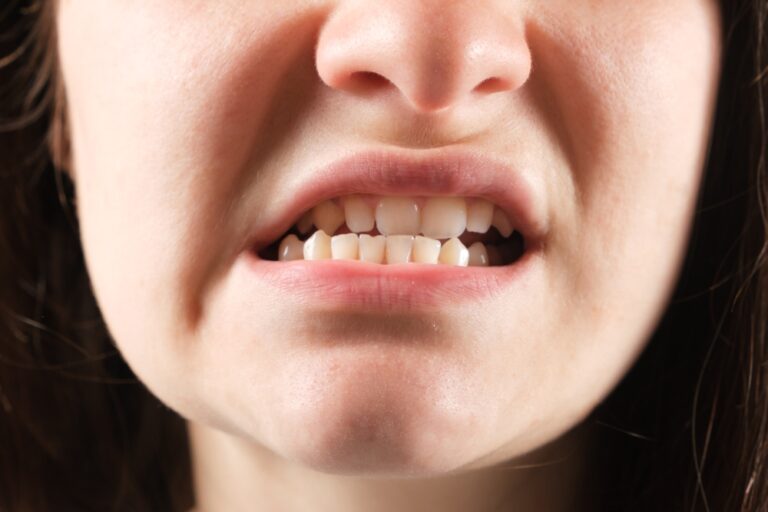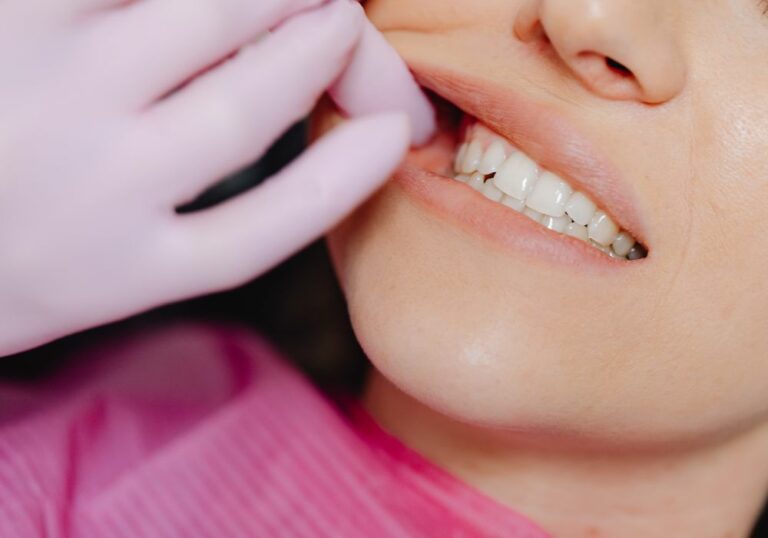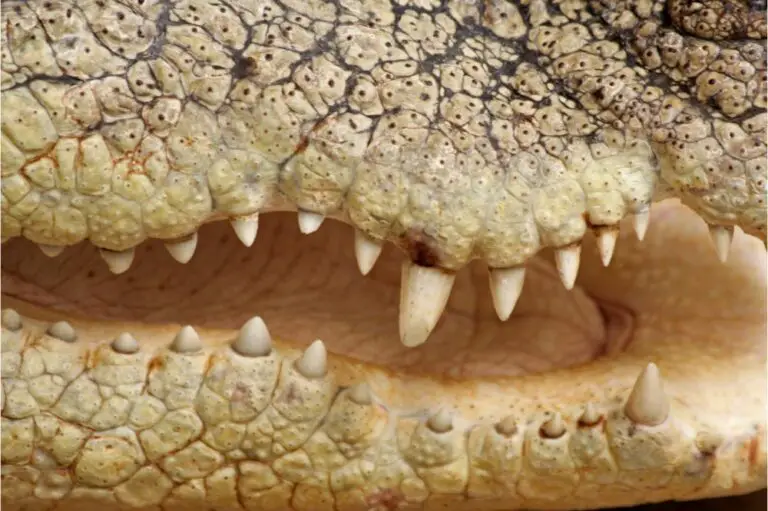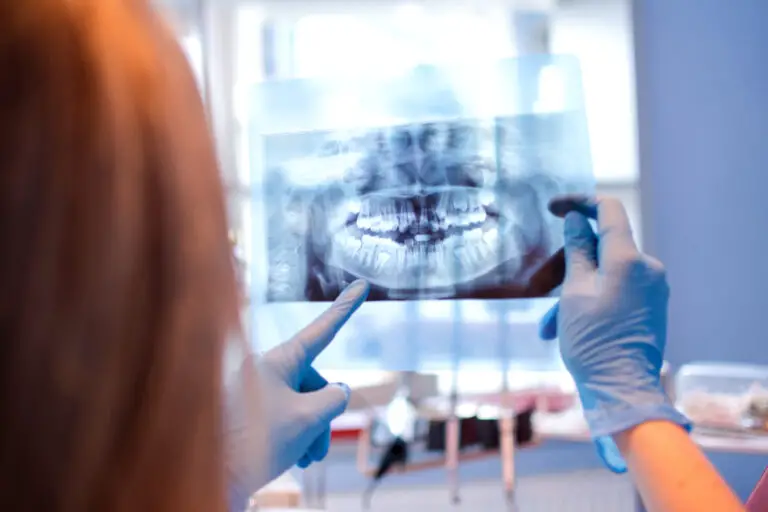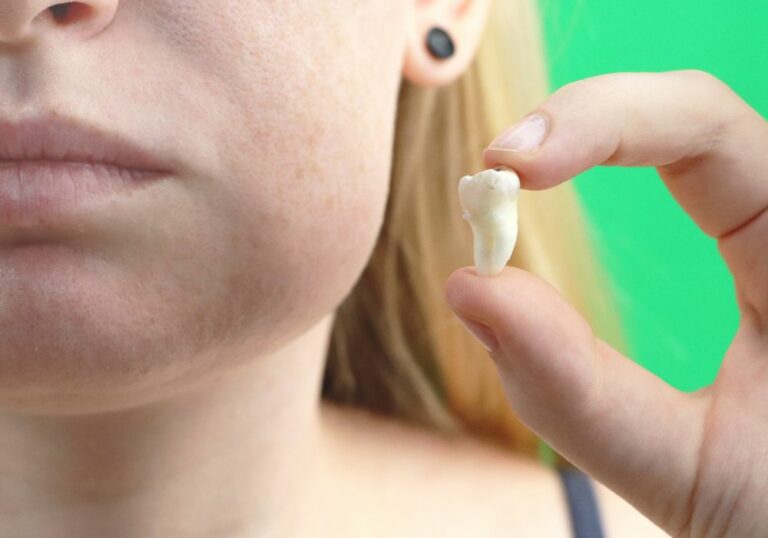If you have a teething puppy, you may have noticed that their breath has become quite unpleasant. This is because teething can cause bad breath in puppies, which can be quite stinky. Fortunately, there are several things you can do to help your teething puppy with bad breath.
One of the most important things you can do is to make sure your puppy has good dental hygiene. This means brushing their teeth regularly with a dental cleaning powder designed for dogs (we recommend this one) and providing them with dental chews or toys to help clean their teeth.You can also give them fresh water to drink and avoid feeding them foods that can contribute to bad breath, such as garlic or onions. Additionally, it’s important to take your puppy to the vet for regular checkups to ensure that their teeth and gums are healthy.
Another way to help your teething puppy with bad breath is to provide them with soothing items to chew on. This can include frozen washcloths, frozen carrots, or chew toys specifically designed for teething puppies. These items can help to relieve your puppy’s discomfort and reduce their need to chew on other, potentially harmful objects. By taking these steps, you can help your teething puppy with bad breath and ensure that they stay healthy and happy.
Understanding Puppy Teething and Bad Breath

If you have a teething puppy, you may notice that they have bad breath. This is a common issue that many pet owners face, but it is important to understand the root cause of this problem in order to address it properly.
Puppy teething typically begins around 3-4 months of age and can last up to 8 months. During this time, your puppy’s baby teeth will fall out and be replaced by adult teeth. As the adult teeth emerge, your puppy’s gums may become swollen and sore, which can lead to bad breath.
The bad breath is caused by food particles getting stuck in the gaps between your puppy’s swollen gums and emerging teeth. As these particles sit in your puppy’s mouth, they can begin to rot and cause an unpleasant odor.
To help your teething puppy with bad breath, it is important to address the root cause of the issue. Here are some tips to keep in mind:
- Encourage your puppy to chew on appropriate toys to help alleviate the discomfort of teething and promote healthy teeth and gums.
- Regularly brush your puppy’s teeth with a toothbrush and toothpaste designed for dogs to remove any food particles and plaque buildup.
- Offer your puppy plenty of fresh water to help flush out any food particles that may be stuck in their mouth.
- Avoid giving your puppy table scraps or other human food that may contribute to bad breath.
By following these tips, you can help your teething puppy with bad breath and promote their overall dental health.
Signs Your Puppy May Be Teething
If you have a new puppy, it’s important to be aware of the signs that they may be teething. Teething is a normal part of puppyhood, but it can be a painful process for your furry friend. Here are some signs that your puppy may be teething:
Excessive Chewing
One of the most common signs of teething is excessive chewing. Your puppy may start chewing on everything they can get their teeth on, from toys to furniture to shoes. Keep an eye on your puppy and provide them with plenty of chew toys to help alleviate their discomfort.
Drooling
Another sign that your puppy may be teething is excessive drooling. You may notice that your puppy is drooling more than usual or that they have wet spots on their fur. This is because teething can cause inflammation and irritation in the gums, which can lead to increased salivation.
Loss of Appetite
Teething can also cause your puppy to lose their appetite. You may notice that they are not as interested in their food as they used to be or that they are skipping meals altogether. This is because the pain and discomfort of teething can make it difficult for your puppy to eat.
If you notice any of these signs, it’s important to provide your puppy with extra care and attention. Make sure they have plenty of chew toys to help alleviate their discomfort and try offering them soft, easy-to-eat foods if they are having trouble eating. And as always, if you have any concerns about your puppy’s health, don’t hesitate to contact your veterinarian.
Causes of Bad Breath in Teething Puppies

If you have a teething puppy with bad breath, you’re not alone. Bad breath is a common issue in teething puppies, and it can be caused by a variety of factors. Understanding the causes of bad breath can help you take steps to address the problem and keep your puppy healthy.
Teething Process
One of the primary causes of bad breath in teething puppies is the teething process itself. As puppies grow and develop, their baby teeth fall out and their permanent teeth come in. This process can cause discomfort and inflammation in the gums, which can lead to bad breath. Additionally, as new teeth come in, bacteria can become trapped in the gums and cause an unpleasant odor.
Diet
Another common cause of bad breath in teething puppies is their diet. Puppies who eat a diet that is high in sugar or carbohydrates are more likely to develop bad breath. This is because sugar and carbs can encourage the growth of bacteria in the mouth, which can lead to bad breath. Additionally, if your puppy is eating food that is hard to digest, it can cause stomach issues that lead to bad breath.
Oral Hygiene
Finally, poor oral hygiene can also cause bad breath in teething puppies. If your puppy’s teeth are not being properly cleaned, bacteria can build up on the teeth and gums, leading to bad breath. It’s important to brush your puppy’s teeth regularly and to provide them with appropriate chew toys to help clean their teeth.
In summary, bad breath in teething puppies can be caused by the teething process, their diet, and poor oral hygiene. By taking steps to address these issues, you can help keep your puppy healthy and smelling fresh.
How to Help Your Teething Puppy
If you have a teething puppy, you might be wondering how to help them through this difficult time. Teething can be a painful experience for puppies, and it can also lead to bad breath. Fortunately, there are several things you can do to make your puppy’s teething experience more comfortable and improve their breath.
Providing Chew Toys
One of the best things you can do for a teething puppy is to provide them with plenty of chew toys. Chew toys can help relieve the pain and discomfort of teething, and they can also help clean your puppy’s teeth and freshen their breath. Here are some tips for choosing chew toys for your puppy:
- Look for toys that are specifically designed for teething puppies.
- Choose toys that are made of durable materials and are safe for your puppy to chew on.
- Avoid toys that are too hard, as they can damage your puppy’s teeth.
- Consider toys that are flavored or scented to make them more appealing to your puppy.
Feeding Healthy Diet
Another way to help your teething puppy with bad breath is to feed them a healthy diet. A healthy diet can help support your puppy’s overall health and well-being, and it can also help improve their breath. Here are some tips for feeding your teething puppy:
- Choose a high-quality puppy food that is formulated to meet your puppy’s nutritional needs.
- Avoid feeding your puppy table scraps or human food, as these can be unhealthy for your puppy and can contribute to bad breath.
- Consider adding fresh fruits and vegetables to your puppy’s diet, as these can help freshen their breath and improve their overall health.
Maintaining Oral Hygiene
Finally, it’s important to maintain good oral hygiene for your teething puppy. This can help prevent bad breath and other oral health problems. Here are some tips for maintaining your puppy’s oral hygiene:
- Brush your puppy’s teeth regularly using a toothbrush and toothpaste designed for dogs.
- Consider using dental chews or treats to help clean your puppy’s teeth and freshen their breath.
- Take your puppy to the vet for regular checkups and dental cleanings.
By following these tips, you can help your teething puppy feel more comfortable and improve their breath. Remember to be patient and gentle with your puppy during this time, as teething can be a difficult experience for them.
When to Consult a Veterinarian
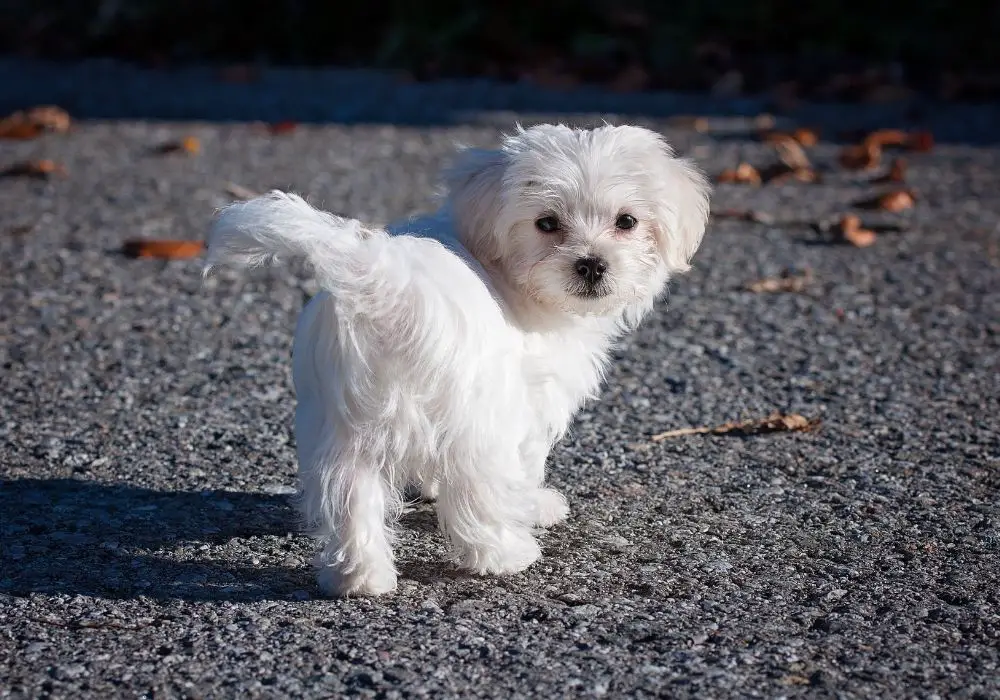
Teething is a natural process that puppies go through, and it’s common for them to experience bad breath during this time. However, there are certain signs that indicate your puppy may need medical attention. Here are some signs to watch out for:
Persistent Bad Breath
It’s normal for your puppy to have bad breath during teething, but if it persists even after the teething process is over, it may be a sign of an underlying health issue. Bad breath can be caused by dental problems, such as gum disease or tooth decay, or digestive issues, such as an upset stomach or intestinal blockage. If your puppy’s bad breath persists, it’s best to consult a veterinarian.
Difficulty Eating
Teething can make it difficult for puppies to eat, but if your puppy is having trouble eating even after the teething process is over, it may be a sign of a dental or digestive issue. If your puppy is avoiding food or is only eating small amounts, it’s best to consult a veterinarian. They can examine your puppy’s teeth and digestive system to determine the cause of the problem.
Signs of Pain
Teething can be uncomfortable for puppies, but if your puppy is showing signs of pain, such as whining, crying, or refusing to eat, it may be a sign of a more serious issue. Pain can be caused by dental problems, such as an abscess or infection, or digestive issues, such as an obstruction or inflammation. If your puppy is showing signs of pain, it’s important to consult a veterinarian as soon as possible.
In general, if you’re concerned about your puppy’s health, it’s always best to consult a veterinarian. They can examine your puppy and provide a diagnosis and treatment plan if necessary. Remember, early intervention is key to ensuring your puppy stays healthy and happy.
Frequently Asked Questions
What are some home remedies for puppy bad breath during teething?
There are a few home remedies you can try to help alleviate your puppy’s bad breath during teething. One option is to give your puppy a frozen washcloth to chew on. You can also try adding a small amount of chopped parsley to your puppy’s food, as it can help freshen their breath. Additionally, make sure your puppy is drinking plenty of water to help flush out any bacteria that may be causing the bad breath.
Are there any specific treats that can help with puppy breath during teething?
Yes, there are specific treats that can help freshen your puppy’s breath during teething. Look for treats that are specifically designed to promote dental health, such as those that are formulated to help clean your puppy’s teeth as they chew. You can also try giving your puppy dental chews or bones that are designed to help scrape away any plaque or tartar buildup.
What are some common symptoms of teething in puppies?
Some common symptoms of teething in puppies include drooling, chewing on objects, and irritability. You may also notice that your puppy’s gums are swollen or that they have a decreased appetite. In some cases, puppies may also experience diarrhea or vomiting during the teething process.
Is it normal for puppies to have bad breath while teething?
Yes, it is normal for puppies to have bad breath while teething. As their new teeth come in, they may experience some bleeding and inflammation in their gums, which can lead to bad breath. Additionally, as they chew on objects during the teething process, bacteria can accumulate in their mouth, leading to bad breath.
How often should I brush my puppy’s teeth to help with bad breath?
To help with bad breath, it’s recommended that you brush your puppy’s teeth at least once a day. Use a soft-bristled toothbrush and a toothpaste that is specifically designed for dogs. Be sure to brush all of your puppy’s teeth, including the ones in the back of their mouth.
Why does my puppy’s breath smell so bad and how can I fix it?
There are a few reasons why your puppy’s breath may smell bad, including bacteria buildup in their mouth, digestive issues, or an underlying health condition. To fix it, try brushing your puppy’s teeth regularly, giving them dental chews or treats, and ensuring that they are drinking plenty of water. If the bad breath persists, it’s best to consult with your veterinarian to rule out any underlying health issues.

